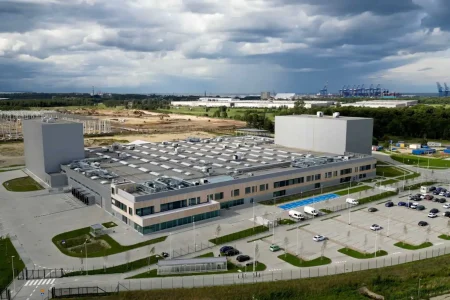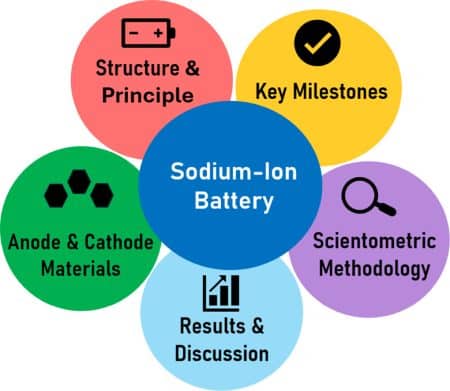HY2DEC, short for “Research of innovative technologies for the production and use of green hydrogen for the decarbonization of the Spanish intensive industry,” is the name of the research project being managed by Tubacex.
The prototypes created by the participating agents will be designed for scalability and manufacturing by the time the project, which has a total budget of EUR 5,872,941, is projected to be finished in 2025.
The business group that develops the R&D project Hy2DEC, whose main goal is to research, develop, and validate new emerging technologies for the production and use of hydrogen and green oxygen, as well as CO2 capture and its integration in processes of the Spanish intensive industry, is led by Tubacex as a strategic supplier of advanced products and industrial services for power generation and mobility.
A group of seven Spanish enterprises will work together to develop this idea. TORRECID, TÉCNICAS REUNIDAS, GHI HORNOS INDUSTRIALES, GECSA CONDUCTORES Y CONEXIONES ESPECIALES, ORCHESTRA SCIENTIFIC y KERIONICS, ACERIA DE ALAVA, (Tubacex Group). Also, seven research organizations—CEIT, ICIQ, ICP (CSIC), IKERLAN, INCAR (CSIC), ITQ (CSIC), and TECNALIA—have contributed to the initiative.
The Ministry of Science and Innovation’s 2022 appeal for the Science and Innovation Missions program includes funding for the cooperative business R&D project HY2DEC from the Center for Technological Development and Innovation (CDTI) and CDTI.
With the sustainable generation and use of hydrogen and green oxygen as well as a CO2 capture that closes the positive balance of emissions, the Hy2DEC project seeks to address the difficulties associated with the decarbonization of the intensive industry. Hy2DEC will carry out a study of the gaps and needs of the intensive industry processes to advance in their decarbonization as well as an evaluation of potential solutions to be provided by the technologies under study for this purpose and in parallel to the experimental research, all within the context of two use cases of intensive processes such as steel and ceramics.
The technologies that will be the focus of this project’s research can be divided into three categories. On the one hand, Hy2DEC will promote the understanding and application of two cutting-edge technologies in the area of environmentally friendly electrochemical hydrogen production. The second pillar is concerned with developing new models and heat-generating equipment that use environmentally friendly hydrogen as fuel. The third technological pillar is focused on the investigation and application of CO2 capture technologies, including the commercialization of waste produced by the relevant industry and so promoting the circular economy.
By maximizing overall energy usage and locating synergies between heat utilization and circularity through waste valorization, Acerálava (Tubacex Group) will research a new approach to reduce natural gas use as well as CO2 emissions.
By the creation of anion exchange membrane electrolyzers (AEM) and proton membrane electrolysis cell electrolyzers, Técnicas Reunidas will conduct research on novel methods for producing hydrogen and environmentally friendly oxygen (PCEC). Additionally, it will conduct research on the creation of technology for the decarbonization of highly intensive industrial processes as well as the capture of CO2 from industrial emissions.
Torrecid’s research will focus on ceramic materials for ceramic membranes used in PCEC’s electrocatalysis procedures for producing hydrogen as well as using that hydrogen in processes for frit fusion to cut emissions. He will also do research on carbon dioxide collection techniques and how they might be incorporated into melting furnaces.
In order to minimize greenhouse gas emissions by at least 50%, GHI will conduct research on furnace heating systems that utilize renewable energy sources. For electrolysis facilities and melting furnaces, Gecsa will conduct research and development on a novel power electronics solution.
Using TAMOF-1 in the form of structurally stable, stress-resistant pellets or granules on an industrial scale, Orchestra will conduct research on a new CO2 absorption method. A new generation of electrochemical cells that enable water electrolysis to be carried out with greater energy efficiency and at lower temperatures (below 600 °C) are being researched and developed by Kerionics.








